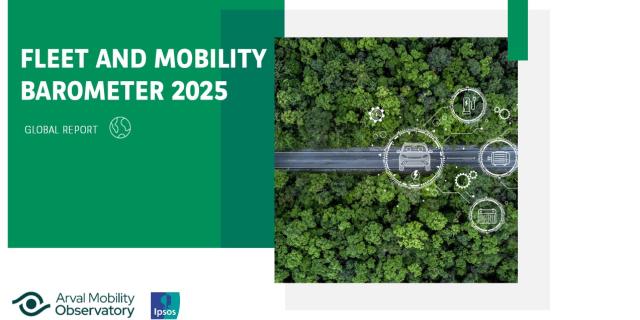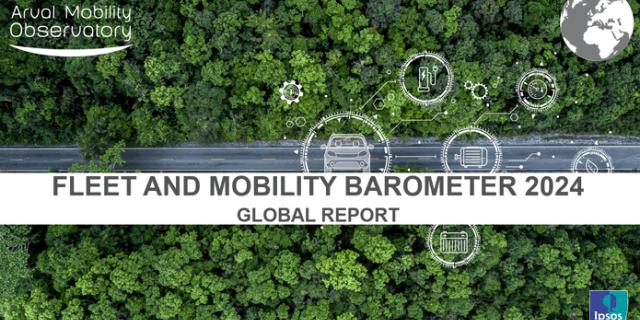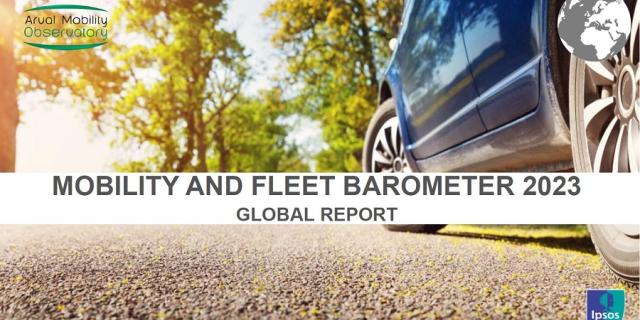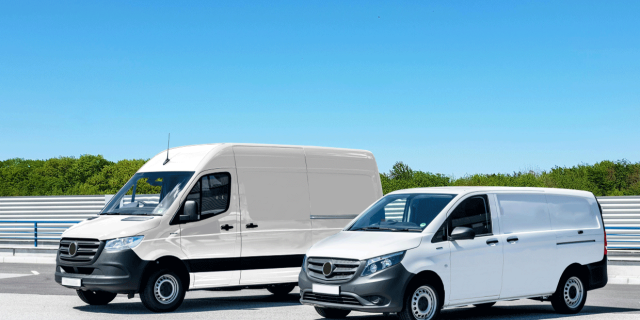Arval 26&Beyond

The evolution of Low Emission Zones (LEZ) in Europe: Impacts and perspectives
Tue 25/06/24
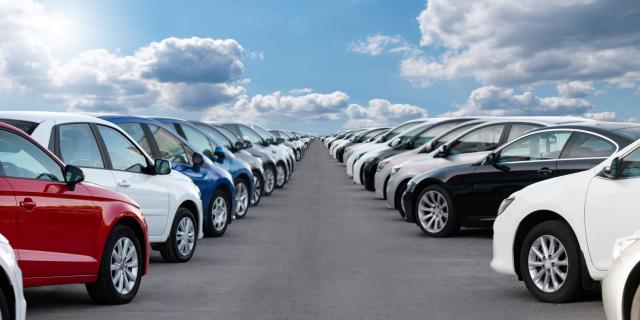
The new OEM entrants in Europe in 2020-2024: Evolution and perspectives
Thu 30/05/24

The Arval Mobility Observatory Fleet and Mobility Barometer 2024
Thu 14/03/24

How a sustainable mobility policy can help increase the well-being of your employees
Thu 29/02/24

Tax evolution for 2024
Thu 15/02/24
The Arval Mobility Observatory ebook and webinar Towards an end to crashes
Fri 30/06/23
The Arval Mobility Observatory Fleet and Mobility Barometer 2023
Tue 30/05/23

Our World Mobility Tour: Valladolid, becoming a sustainable mobility capital
Thu 13/04/23

The Right LCV: optimised efficiency of fleet and drivers
Mon 27/03/23




